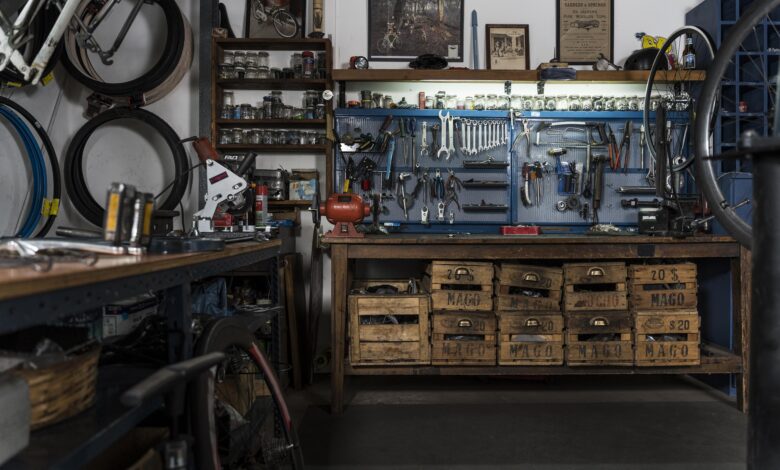How to start a Hardware store in South Africa

Setting up a hardware store can be a rewarding and profitable business venture. In South Africa, a growing economy and a booming construction industry present ample opportunities for entrepreneurs interested in the hardware retail sector. However, starting a hardware store requires careful planning, market research, and adherence to legal requirements. This article provides a step-by-step guide to help you successfully launch your own hardware store in South Africa.
Step 1: Market Research and Business Plan Conduct thorough market research to identify the demand for hardware products in your target area. Analyze the competition, identify gaps in the market, and determine the potential customer base. Develop a comprehensive business plan outlining your vision, target audience, product range, pricing strategy, marketing plan, and financial projections.
Step 2: Legal Requirements and Registrations Comply with all legal requirements to establish your hardware store. Register your business with the Companies and Intellectual Property Commission (CIPC) and obtain a valid business license. Visit your local municipality to ensure compliance with zoning regulations and obtain necessary permits. Consult an attorney or business advisor to ensure all legal aspects are covered.
Step 3: Location and Store Setup Choose a strategic location for your hardware store. Consider areas with high foot traffic and proximity to residential and construction zones. Ensure sufficient space to display and store your inventory. Create an inviting store layout, ensuring easy navigation and adequate lighting. Invest in shelves, display racks, checkout counters, and security systems.
Step 4: Product Selection and Suppliers Determine your product range based on market demand and customer preferences. Stock essential hardware items such as tools, building materials, electrical supplies, plumbing fixtures, gardening equipment, and safety gear. Establish relationships with reputable suppliers, manufacturers, and wholesalers to ensure a consistent supply of quality products at competitive prices.
Step 5: Staffing and Training Recruit knowledgeable staff with a passion for customer service. Train your employees to assist customers effectively, provide product recommendations, and handle inquiries. Emphasize the importance of product knowledge, safety guidelines, and excellent communication skills. Create a positive work environment that encourages teamwork and fosters customer loyalty.
Step 6: Marketing and Promotion Develop a marketing strategy to attract customers to your hardware store. Utilize both traditional and digital marketing channels such as local advertisements, flyers, social media, and a well-designed website. Engage with the local community by sponsoring events, offering workshops, or collaborating with construction companies. Leverage online platforms to showcase your product range, provide informative content, and engage with potential customers.
Step 7: Customer Service and Satisfaction Place customer service at the forefront of your hardware store. Offer personalized assistance, prompt responses to queries, and after-sales support. Maintain a clean and organized store environment. Consider implementing a loyalty program, offering discounts, or providing additional services like delivery or installation assistance. Encourage customer feedback and address any concerns promptly to ensure customer satisfaction and loyalty.
Step 8: Business Growth and Adaptation Regularly evaluate your business performance and adapt accordingly. Monitor sales, analyze customer preferences, and introduce new products or services based on market trends. Stay updated with industry advancements, participate in trade shows, and network with suppliers and industry professionals. Embrace technological advancements to streamline operations, improve inventory management, and enhance the overall customer experience.
Starting a hardware store in South Africa requires meticulous planning, careful execution, and a customer-centric approach. By conducting thorough market research, complying with legal requirements, offering a diverse product range, and providing exceptional customer service, you can establish a successful hardware store in this thriving industry. With dedication, perseverance, and continuous adaptation, your hardware store can become a trusted destination for customers seeking quality hardware products and reliable service.




